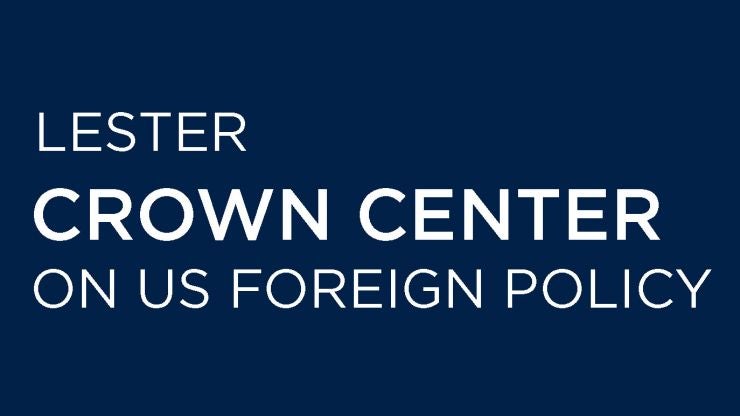The 2014 Chicago Council Survey of American public opinion and US foreign policy shows public support for an “Active” Role in world affairs.
Foreign Policy in the Age of Retrenchment
Executive Summary
Among much of the political elite today, a specter is haunting America—the specter of isolationism. Since the last Chicago Council Survey in 2012, many policymakers, politicians, and pundits have come to question the continued willingness of Americans to engage in world affairs. As global troubles brew in Gaza, Syria, Iraq, and Ukraine, some claim that the public is turning inward and resistant to any sort of US military intervention. And they have used public opinion polling to argue their points.
Key Findings
- Public continues to support an active role for the United States in world affairs.
- Public aversion to the use of force is long-standing.
- Americans will support force if they sense a direct threat.
- Majorities support alliances, treaties, and keeping a military edge.
- Globalization receives the highest endorsement ever; majorities support new trade agreements.
- Americans continue to support diplomacy and sanctions.
- Americans prefer a diplomacy-first strategy before—if at all—resorting to force.
- Americans draw distinctions between spying on friends and foes.
- More Republicans than Democrats now support “staying out” of world affairs.
Conclusion
A review of Chicago Council Surveys conducted over the past 40 years—covering Vietnam, the Cold War, the 9/11 attacks, the rise of China, the wars in Afghanistan and Iraq, and the 2008 financial collapse—shows that American attitudes on foreign engagement have been remarkably stable. Throughout, Americans have expressed a preference for a foreign policy that relies on multiple means of engagement, avoiding military entanglements overseas, while ensuring we remain strong militarily and economically. That was true 40 years ago. It is equally true today.
Methodology
Data was collected between May 6 to May 29, 2014 among a national sample of 2,108 adults, 18 years of age or older, living in all 50 US states and the District of Columbia. The margin of error is ± 2.1 percentage points. The full dataset from this year’s study will be made available on the website in January 2015.











